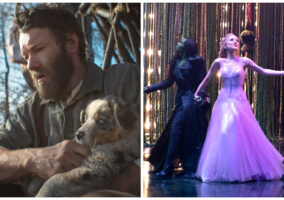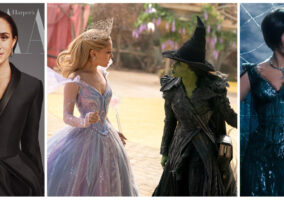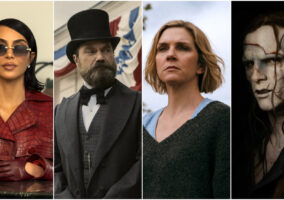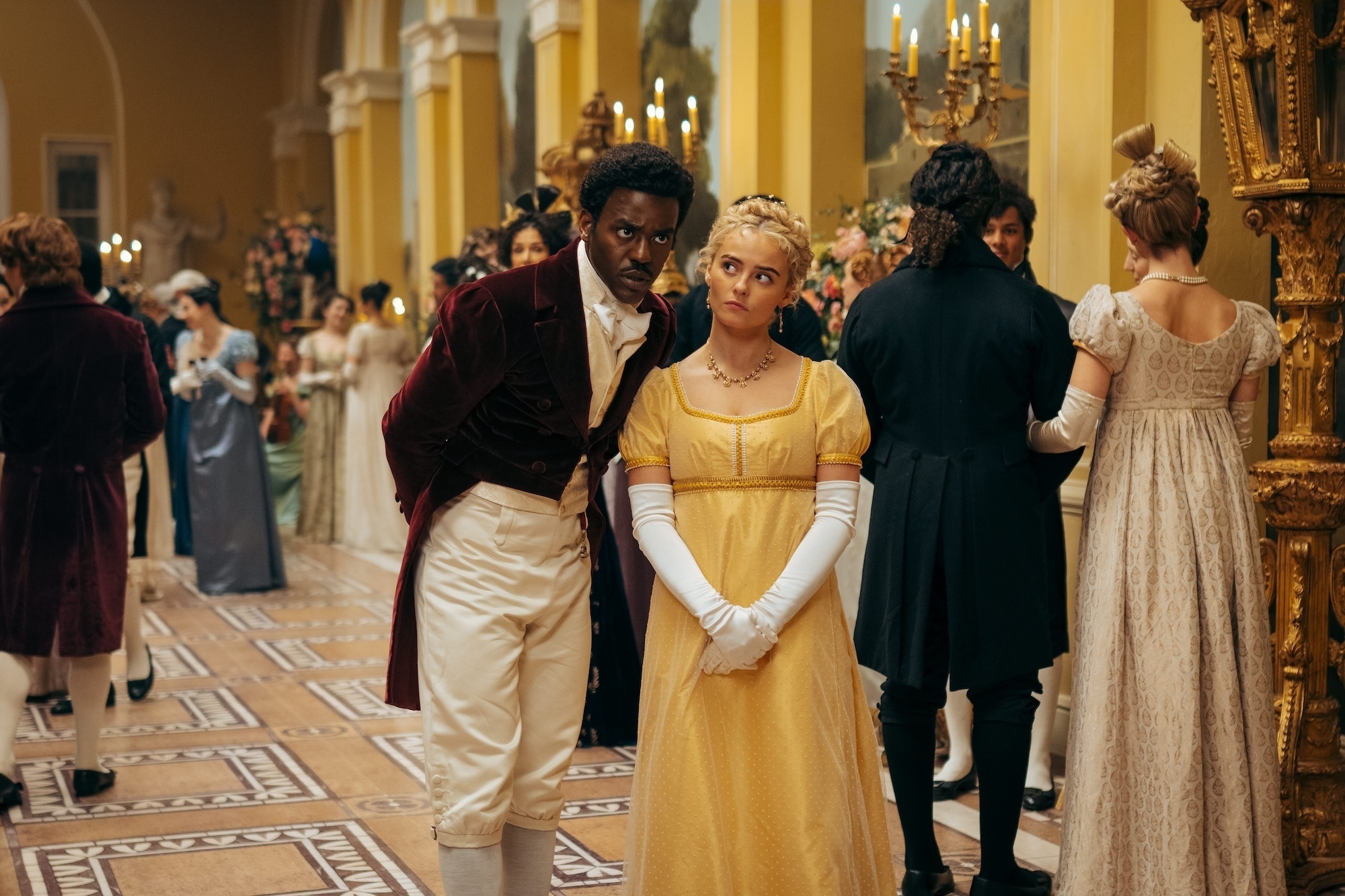
Oooh, we’re definitely going to have to work our way through our feelings on this one. You wouldn’t think two gay reviewers would have a complicated reaction to the Doctor’s first romance with a man, but we can’t help it. We’re torn over our thoughts as to what the Doctor should be and the undeniable emotional impact of what he just went through. Back when Ncuti Gatwa was first announced as the next Doctor and showrunner Russell T Davies made it clear that this iteration of the character would be decidedly queer, we were thrilled, but we also stated our concern at the time that Davies would make the character suddenly sexual in a way they rarely ever have been. The entire modern era of the franchise was characterized by female companions becoming infatuated or outright falling in love with the Doctor and they in turn being uncomfortable, cold, and emotionally withholding every time, over and over again. It’s literally one of the character’s defining traits and we didn’t love the idea of upending it completely as soon as he goes gay because it tends to play into stereotypes about gay men being overly sexual.
On the other hand, Davies also makes it clear that he felt his job was to clear away some of the emotional detritus clinging to the character and recasting their persona in a new mode that would bring some much-needed freshness to their portrayal. He’s clearly meant to be seen as a much more emotionally available, empathetic, and yes, flirtatious version of himself. We pretty much knew this story was coming from the first few moments of Gatwa’s portrayal (which were, not coincidentally, pantsless) and his much more exuberant and flamboyant take. He loves fashion, dancing and singing. He’s much more in tune with whatever his companion is feeling and much more protective of her than he’s been with some others. He talks about his family and the death of his people more often, unprompted. He cries – often, in fact. In every way, the Fifteenth Doctor is meant to be seen as a sharp break from what came immediately before. Flirting and kissing falls right in line with this fresh new portrayal, but it’s hard to forget how badly they treated Rose, Martha, River and Yaz. We can’t help but wonder why he’s practically falling at the feet of this guy within minutes of meeting him, which isn’t just a fresh take or a sharp break, it’s practically unheard of for the character.
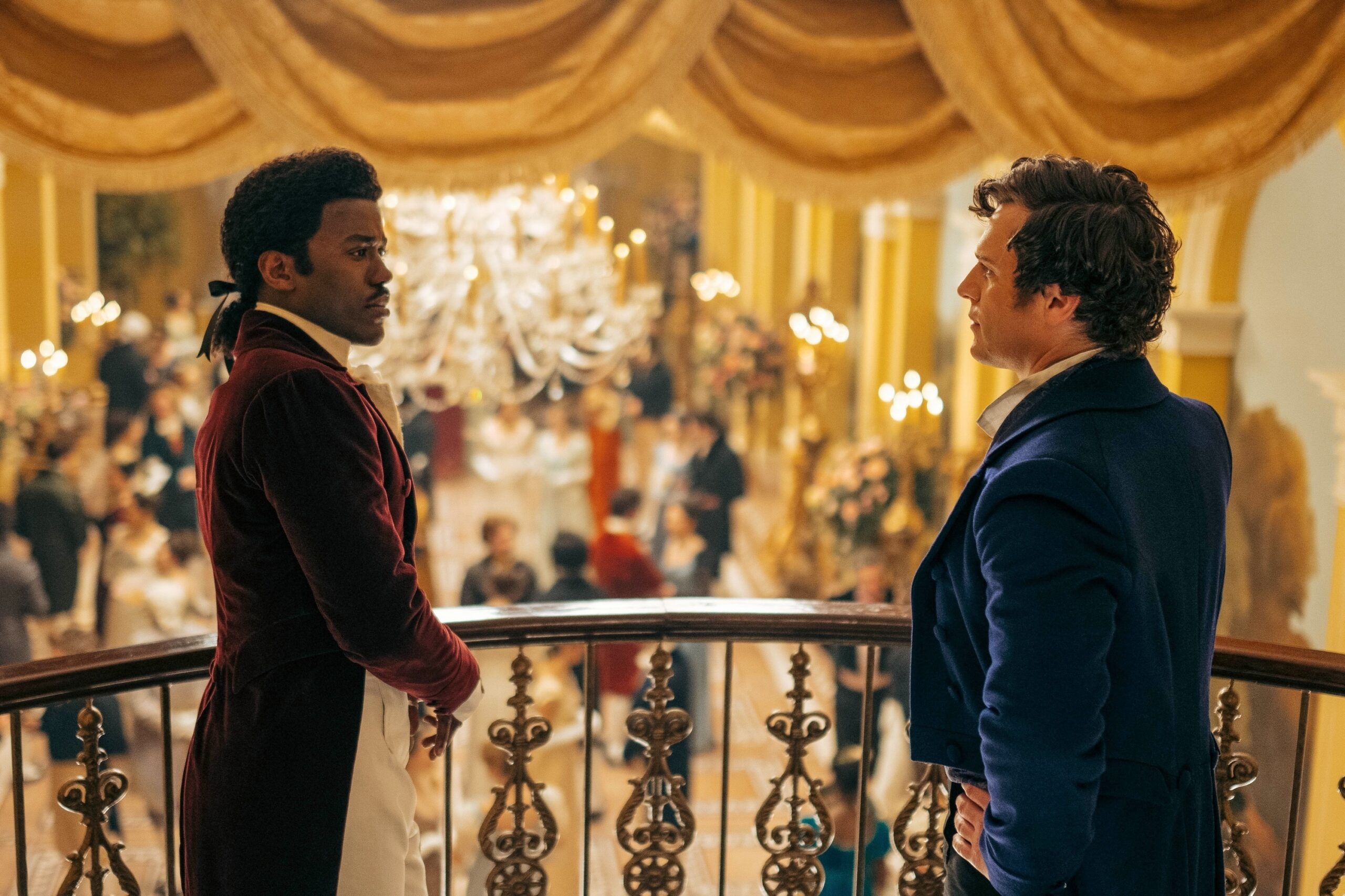
To be fair, David Tennant’s Tenth had more than his share of romance or kissing scenes, usually with guest characters, like the first Queen Elizabeth, Madame Pompadour, and a teacher at a school where he taught in the 1910s when his memory was wiped. Basically, you put a guy with leading man looks in the TARDIS and it would be silly not to turn him into a romantic hero every now and then. We can certainly understand why Davies would want to take advantage of Gatwa’s good looks and astronomical charm, just as he did with Tennant’s, although Ten was distinctly uncomfortable with romance and Fifteen seems up for it all the time. But this isn’t even the Doctor’s first same-sex kiss (that would be with the extremely similar character of Jack Harkness all the way back in 2005) or their first same-sex attraction (that would have been between Thirteen and Yaz, just last season), so the events of this episode aren’t nearly as off-model as we’re making them out to be.
Fortunately, while we spent a good portion of the episode seriously skeptical about its direction, the script by Kate Herron and Briony Redman, along with the light-touch directing job by Ben Chessell did a wonderful job of justifying the story direction by the end. Jonathan Groff and Ncuti Gatwa had fantastic chemistry and they were genuinely a joy to watch together. The Kylie Minogue dancing scene was one for the ages. Plus it was just fun – and a bit of a relief after the last few envelope-pushing episodes – to have as classic a Doctor Who story as it gets, traipsing through English history in period costumes, fighting extremely whimsical aliens (the bird face effects were spectacular) and auditioning charismatic new companions along the way. Indira Varma, who is never not fun to watch, was having the time of her life here. Millie Gibson also got to loosen up and be a little silly in a way that was good for her character. We thought Jonathan Groff’s portrayal was strangely underplayed at times. He spent most of the episode annoyed with the Doctor and then just flipped a switch and became infatuated with him. It felt at times like the Doctor was more into Rogue than the other way around (he mentioned Rogue’s hotness several times but we don’t think Rogue ever once voiced a physical attraction) and we don’t think that was the script’s intention. The emotional impact of Rogue’s sacrifice might have been felt more keenly if we’d spent more than 40 minutes with the character. In the end, the episode more than justified its love story, based entirely on the performances of its leads, but there’s no denying it felt incredibly rushed. In other words, we can buy the Doctor being down bad for a guy like this, but we don’t necessarily buy that it would happen that quickly. Still, we know when we’re being fed a destined-to-be-classic ship and we have no doubt thousands of pieces of fan art depicting the Doctor and his one true boylove are already floating around the fandom and firing up the imaginations of countless young queer viewers.
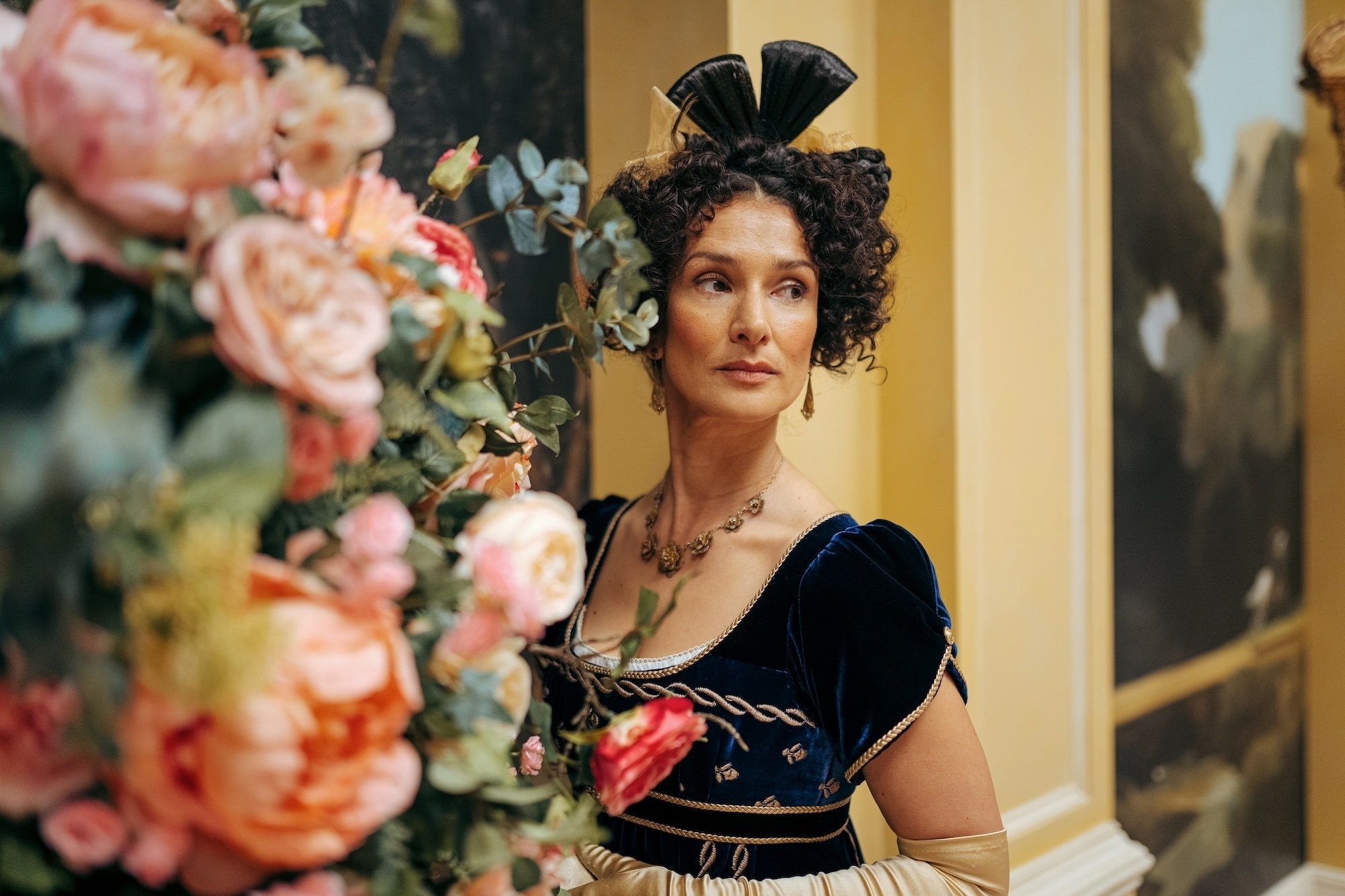
As for the larger mythology, it seems nearly impossible to believe that we’re not going to see Rogue again in the story – maybe not in this season, which is almost over, but despite the Doctor’s attempts to shake it all off by the end of the episode, putting on that ring was a moment of quiet poignancy that tells us he hasn’t given up on finding him. On the other hand, this episode continued to give us the impression that what we’re watching is not quite… real? The idea of naming a classic rogue character “Rogue,” the fact that the bad guys were cosplaying Bridgerton fans, the way the orchestra played covers of modern songs Bridgerton-style and demonstrated the same ahistorical racial acceptance among the upper classes — it all feels once again like the show wants to remind us that we’re watching a story; like the characters themselves are only a second away from breaking the fourth wall (which has happened about a half-dozen times this season) or figuring out that they’re fictional. Unlike her previous appearances, Susan Twist only shows up in a painting, having evidently died well before the Doctor and Ruby visited this time and place. This is interesting, because it implies that she isn’t actively following them around or tracking them through time. It would appear whatever influence she has is less than deliberate on her part. It might also imply that the Doctor and Ruby have been in some sort of simulation all season, although that seems a little outrageous even for this show. Whatever is going on this season, it all feels orchestrated somehow. Looks like we’ll be getting some answers on that front next week.
BABY REINDEER Stars Nava Mau, Richard Gadd and Jessica Gunning at 92NY Screening Event Next Post:
RUPAUL’S DRAG RACE ALL STARS: Property Queens
Please review our Community Guidelines before posting a comment. Thank you!

